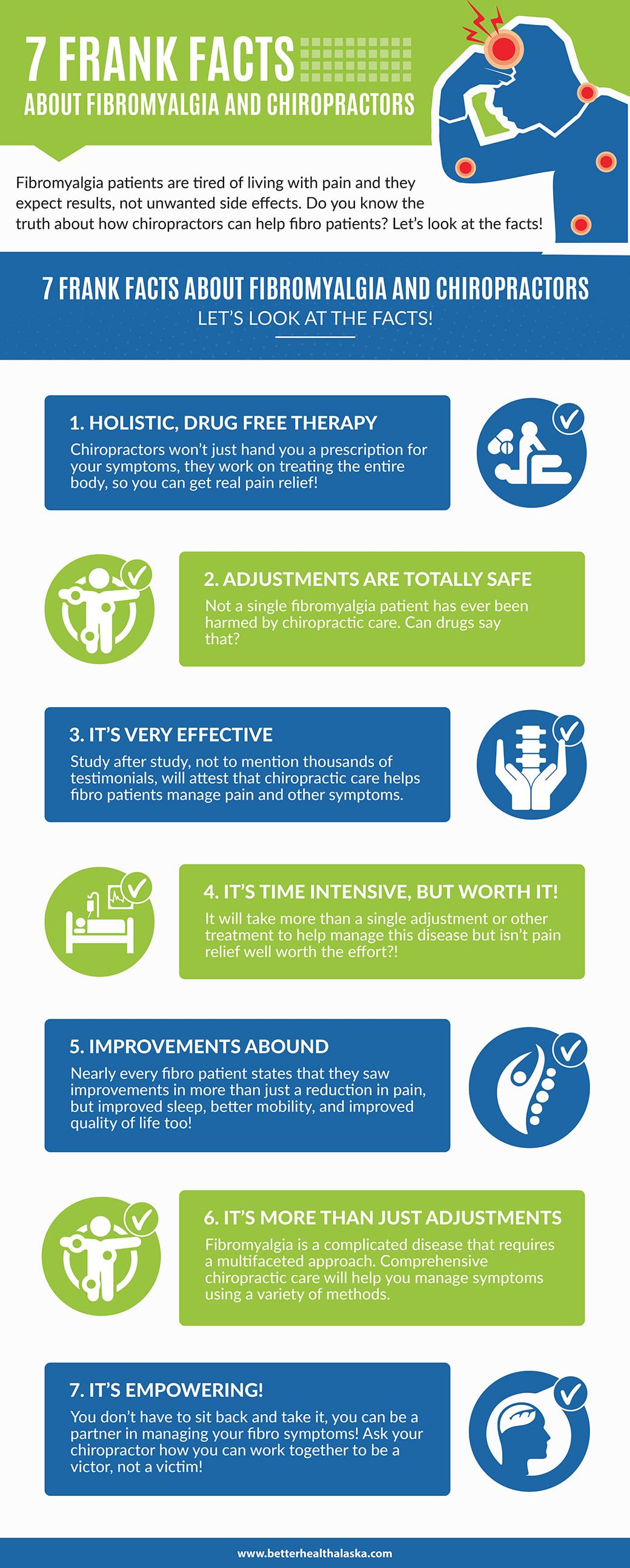Are Chiropractic Adjustments Addictive? Dividing Truth From Fiction
Are Chiropractic Adjustments Addictive? Dividing Truth From Fiction
Blog Article
Writer-Skovsgaard Nygaard
You might have heard that chiropractic care changes can lead to a habit forming dependence, yet that's a common misunderstanding. Numerous clients locate relief without creating any type of form of dependency. It is necessary to understand real objective of these changes and just how they fit into your general health strategy. So, exactly what does the scientific research state about chiropractic care and your wellness? Allow's check out the realities.
Understanding Chiropractic Care Adjustments and Their Function
When you think about chiropractic modifications, it's vital to recognize their function and how they function. These modifications aim to deal with imbalances in your spinal column and joints, promoting better placement and motion. By using lower back stiffness and pain to specific locations, chiropractors aid minimize pain, improve function, and enhance your general health.
Chiropractic care concentrates on your body's capability to recover itself, emphasizing the link in between the spine and the nerves. When visit our website is lined up, it can decrease nerve disturbance, allowing your body to function ideally.
Routine changes might additionally help stop future problems, keeping you energetic and pain-free. Ultimately, chiropractic care modifications offer to support your health, boost wheelchair, and improve your quality of life.
Common Myths Concerning Dependency and Chiropractic Care Care
Many individuals hold misconceptions regarding the relationship between chiropractic treatment and addiction treatment. One typical myth is that chiropractic adjustments develop an addiction-like dependency. In reality, several people locate remedy for pain and discomfort, yet this doesn't suggest they create a psychological or physical addiction.
Another misconception is that chiropractic specialists are just attempting to keep you coming back for even more modifications. Most chiropractic practitioners prioritize your health and go for long-lasting health and wellness rather than constant gos to.
In addition, some think chiropractic care can replace traditional addiction therapies, yet it should enhance, not substitute, evidence-based treatments. Comprehending these myths can assist you make notified options about your health and wellness and health without dropping victim to false information.
The Science Behind Chiropractic Adjustments and Individual Experience
While some may examine the efficiency of chiropractic modifications, a growing body of research sustains their function in alleviating discomfort and improving total function.
Researches show that back manipulation can reduce discomfort from conditions like lower back pain, tension frustrations, and neck pain. When you undertake chiropractic treatment, the modifications intend to bring back appropriate alignment, boosting your body's all-natural healing capacities.
Many patients report raised wheelchair and a higher feeling of health after treatment. In addition, the restorative relationship you develop with your chiropractic physician can boost your experience, as they supply tailored care tailored to your requirements.
This combination of clinical backing and positive individual experiences helps clarify why chiropractic care modifications are effective for numerous individuals looking for relief.
Conclusion
To conclude, chiropractic adjustments aren't addictive; they're developed to boost your health and advertise aggressive health maintenance. By disproving the myths bordering dependency, it's clear that these treatments can supply considerable alleviation without creating a cycle of addiction. Accepting chiropractic treatment as a corresponding approach to typical therapies can lead to far better health outcomes. So, if you're thinking about modifications, rest assured that they're about improving your quality of life, not producing a reliance.
